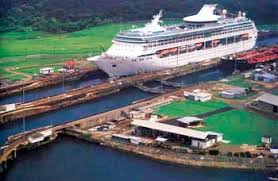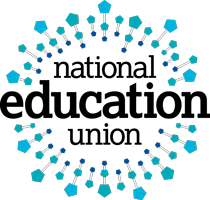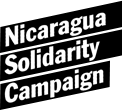NSCAG rebuts inaccurate reports on Nicaragua
NSCAG News |
on: Monday, 11 December 2017

Earlier this year, we challenged an extremely misleading and inaccurate report published by Global Witness – see link below:-
We sought a meeting with Global Witness to discuss our concerns with them, but Global Witness refused to engage with us and stood by their report.
Following on from this, at the beginning of November, Reuters published an article – ‘Nicaragua climate politics in hot water over canal plan’. As with the Global Witness report, the article was full of distortions and inaccuracies, some of which were based on the Global Witness report. A link to the article can be found here. We immediately sent in a response to the article, a copy of which can be found at the link below:-
http://www.nscag.org/resources/Reuters%20Response.pdf
Again, Reuters stood by their article and were unwilling either to correct it or to publish our response. However, they did agree to publish an article by John Perry who has been involved in solidarity work with Nicaragua since the 1980s, has lived and worked in Masaya since 2003 and has a great deal of expertise around environmental issues and the proposed Canal. A copy of John’s article can be found on the Reuters website at the link below:-
http://news.trust.org/item/20171201092333-6asue/
NSCAG has also submitted the following comment on the Reuters article to the Zilient website (www.zilient.org) which carried the Reuters article:-
‘The tone of this article is misleading and contains inaccuracies.
Nicaragua is lumped in with the US and Syria as sharing 'pariah' status for not (until recently) signing the Paris Agreement. But this was because Nicaragua took a principled stand to reject the Agreement as being too weak, the exact opposite of the position of the climate change-denying Trump administration.
And it quotes human rights watchdog Global Witness's inaccurate claims that Nicaragua is 'the most dangerous country for environmental activists per capita, with 11 killed last year,' implying that these deaths were of protestors against the proposed interoceanic canal across the south of Nicaragua.
But the deaths in question were actually the result of land disputes between illegal settlers and indigenous people in the north east of the country, nowhere near the route of the canal. There have been no killings related to the protests against the proposed canal’
We continue to be concerned that, based on limited sources, organisations such as Global Witness and Reuters continue to produce reports and articles which are biased and misleading and which rely for most of their information on those who are opposed to the Nicaraguan Government. It is interesting to note that, in the face of this relentless criticism, not a single Nicaraguan name appears on the recently published list of women killed fighting for human rights in 2017:-





